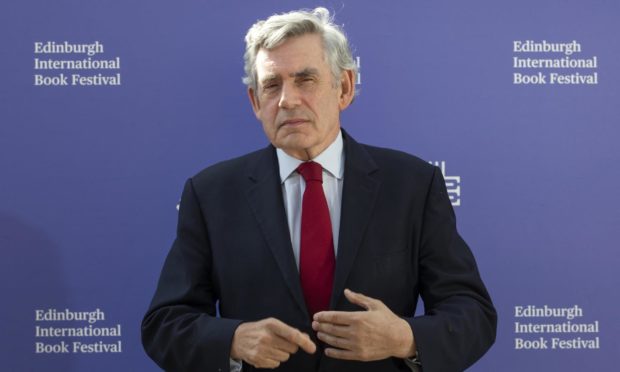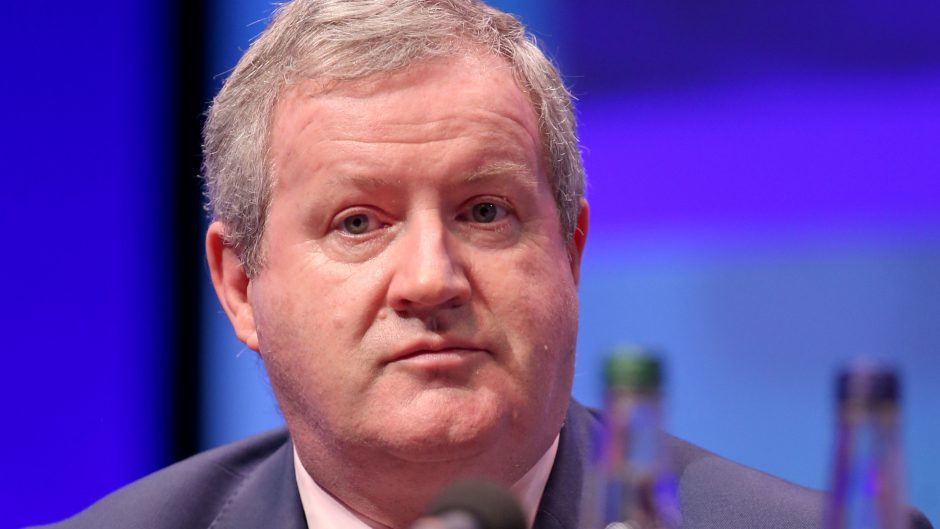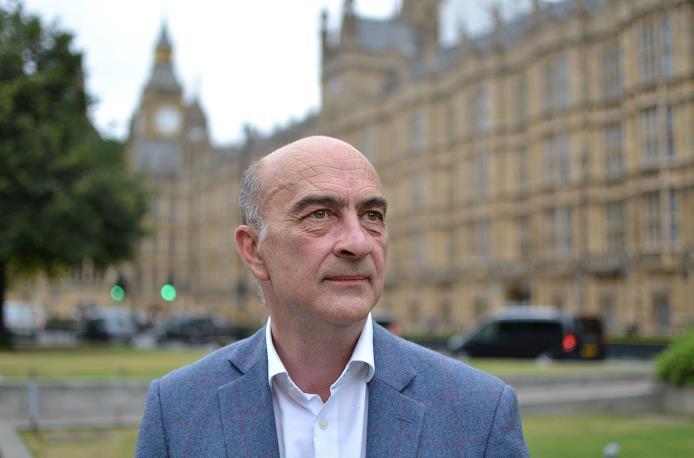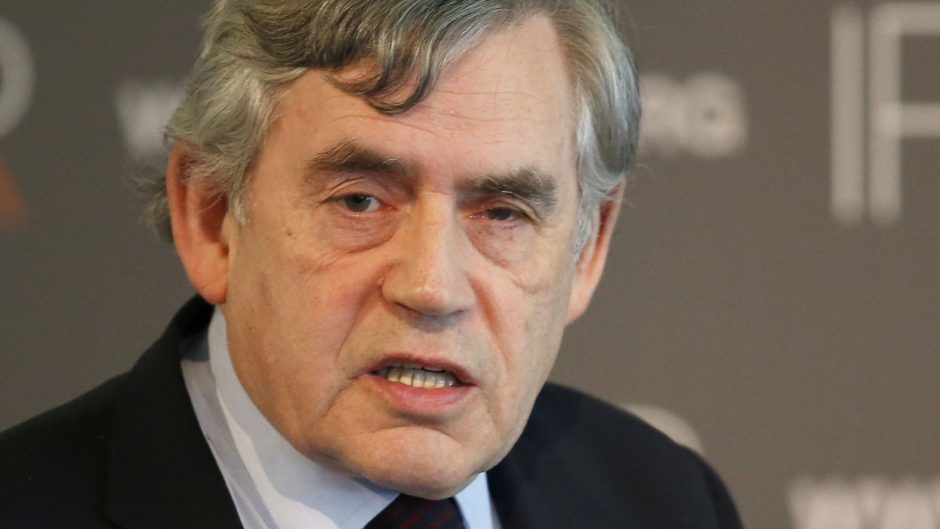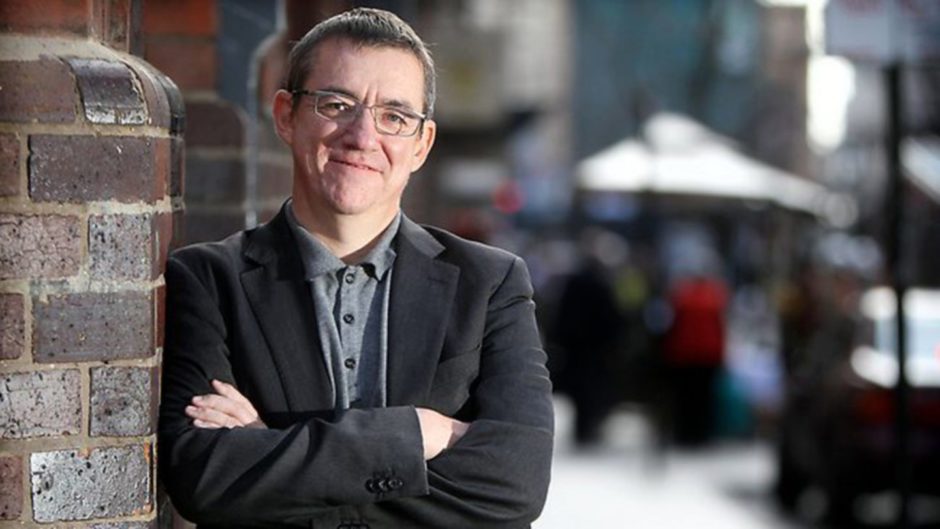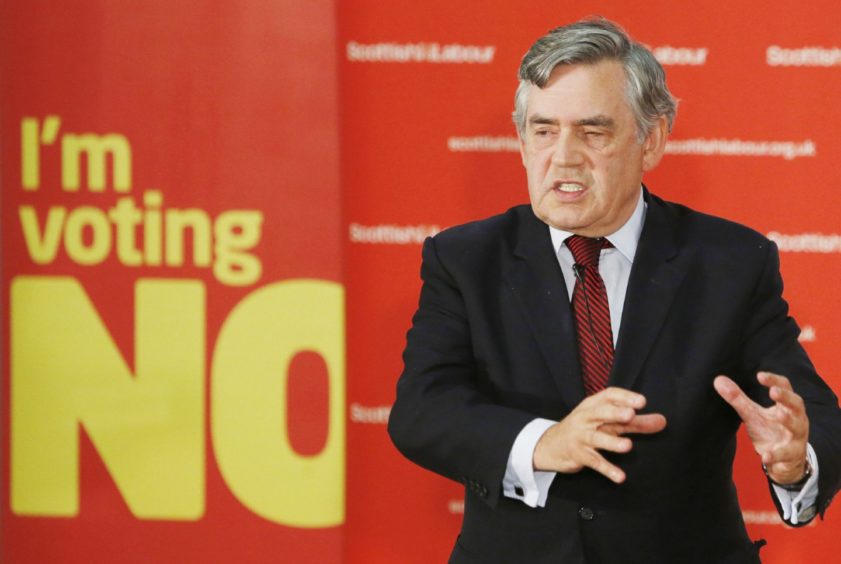Gordon Brown has been tipped as the possible leader of any future Better Together-style campaign to prevent Scottish independence but his latest intervention has been met with a mixed response from political strategists.
The former prime minister this week dismissed calls for a second independence referendum, saying the nation needs “time to heal” after the pandemic, and called for a new plan to decentralise powers away from Westminster to local communities.
Speaking to the BBC, Mr Brown – who played an instrumental role in the 2014 Better Together campaign – sidestepped questions over whether he could be involved again if a second vote is granted but did not rule it out.
Despite SNP Westminster leader Ian Blackford claiming this weekend that his party “must” plan for a new referendum next year, many on the pro-Union side remain reluctant to entertain discussions over who could lead the fight against separation.
Some fear the conversation could be seen as giving up ground and conceding there will actually be a second vote, but privately several leading figures predict Mr Brown and former Scottish Conservative leader Ruth Davidson could play central roles.
The former Labour leader said he believes “many people” will lead the unionist campaign in Scotland but stopped short of saying whether he will be one of them.
Campaigns not won by any one person
Ramsay Jones, former prime minister David Cameron’s special adviser on Scottish affairs during the referendum, believes Mr Brown would play a role but insisted any future campaign will be bigger than just one person.
He said: “Last time around, a number of people played different roles to different audiences and Gordon Brown was one of them, with that barnstorming speech he gave in the last week of the campaign.
“Campaigns are not won or lost by any one person, they’re won by a movement and good argument, and I’m sure he’d have a part to play in that.”
Mr Jones said making the case for the Union should be “part and parcel of the job for politicians already elected and in the positions to do that”.
He said: “The debate just now is not about how to re-run indyref, the question is: should there be – is there the need for – indyref2. There’s a lot of water to pass under a lot of bridges before that becomes the question, if ever.”
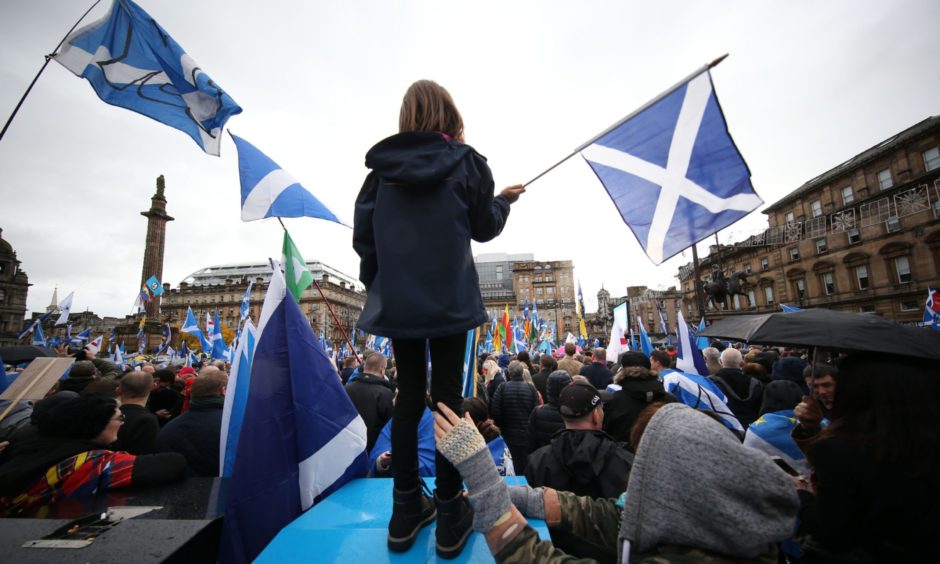
Pamela Nash, chief executive of Scotland in Union, said Mr Brown is “respected across the political divide and his expertise and insight is always welcome”.
She added: “He is absolutely right that Scotland needs time to heal, which is why the SNP should rule out a divisive second independence referendum and focus on jobs, the NHS and education.”
Devolution ‘not just a Scottish problem’
A predicted SNP majority at next year’s Scottish Parliament elections is expected to add fuel to the party’s demands for a new ballot but Mr Brown argued the “question of the moment” was not whether one could be held but, rather, if it should be.
He said support for a move away from Westminster was “not just a Scottish problem now, and it’s not even just a Welsh problem” because areas across the UK feel they are not being listened to.
The former prime minister has called for a “new plan for the future of the United Kingdom” but his comments were met with scepticism in some quarters, with Mr Jones questioning whether devolution elsewhere in the UK would matter to Scots voters.
“I’m not a fan of that as a solution because Mrs McGinty in Auchtermuchty is not going to say Yes to the UK because Cornwall has suddenly got some devolution,” he said.
“I understand intellectually where he and others are coming from but I don’t think it changes hearts and minds in Scotland, and that’s the point.”
A strong voice for devolution
Mr Brown’s proposal was welcomed by John McTernan, Tony Blair’s director of political operations from 2005 to 2007 and special adviser to two Cabinet ministers in Gordon Brown’s government.
Mr McTernan said there is currently no strong pro-devolution voice in the UK because Conservatives “find devolution a hassle” and the SNP have used it “as a stepping stone to independence”.
He believes talk of a new leader for the Unionist movement in Scotland is “putting the cart before the horse”, and that Mr Brown is attempting to “address the issue, rather than answering the question as framed by those who want to just tear Scotland apart again with another referendum”.
“The point is to have a proposition and I think he made a very strong case for a radical rewriting of the rules across the UK, not just in the nations but also in the regions,” Mr McTernan said.
“The rise of Andy Burnham, for example, in Manchester, shows you that even the limited devolution in England has created politicians who can contest with Westminster and Whitehall.
“I think Gordon was saying we need a new blueprint for this century that gives powers to the nations and the regions, that gives them powers to tackle the pandemic, with the vaccines on the horizon, reviving the economy and shifting to net zero.
“All of them are, I think, very strong arguments from him for shaking up the way Britain is run, rather than breaking up Britain.”
A choice between two unions
If there is a second referendum, it appears it could be fought as a choice between Unions, with voters being asked to pick between an independent Scotland inside the EU or remaining part of the UK outside it.
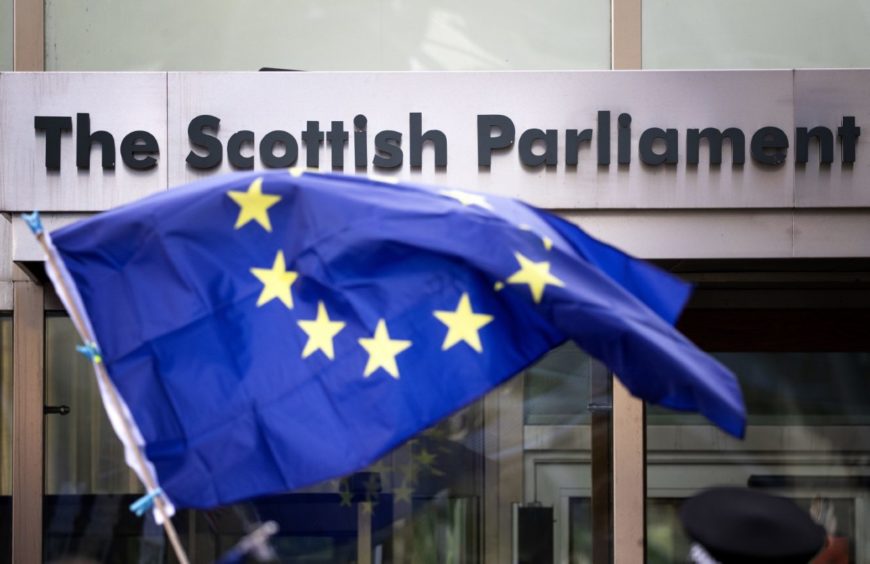 In an interview with the Sunday National, Mr Blackford said: “We can find a way out of Boris’s Brexit Britain to Scotland reclaiming its independence as a country within the European Union, a country that will be respectful to the law, one where we’re seeking to build a fairer country, but one where we also recognise our responsibilities.
In an interview with the Sunday National, Mr Blackford said: “We can find a way out of Boris’s Brexit Britain to Scotland reclaiming its independence as a country within the European Union, a country that will be respectful to the law, one where we’re seeking to build a fairer country, but one where we also recognise our responsibilities.
“And the way to do that is to continue to convince those seeing the settled will of the Scottish people with independence to come towards us.”
